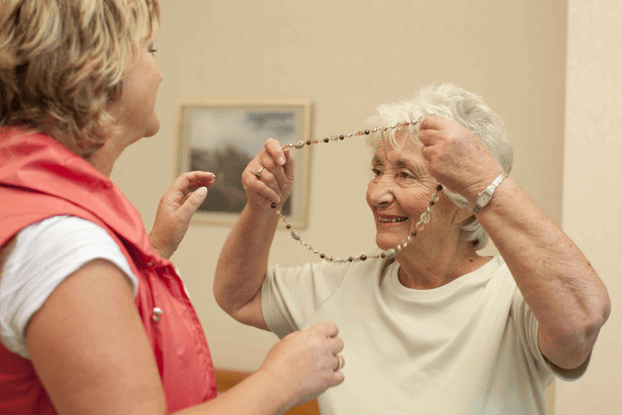
Depending on your chosen provider and level of care, live-in care services generally include:
- Mobility and personal safety
- Dressing, hair and make-up or shaving
- Support with personal care and continence
- Managing and prompting medication
- Support at nighttime
- Planning, shopping and cooking balanced meals
- Light housework
- Laundry and ironing
- Pet care
- Personal admin, correspondence and help with day-to-day finances
- Managing appointments, such as GP or hairdresser
- Trips out of the house to appointments, shopping or social outings (many carers will act as drivers)
- Answering the door and phone
- Companionship and emotional support
- Providing peace of mind for both clients and family members
- Complex care can be delivered through a complete, tailored plan put together by the care provider, client and family











